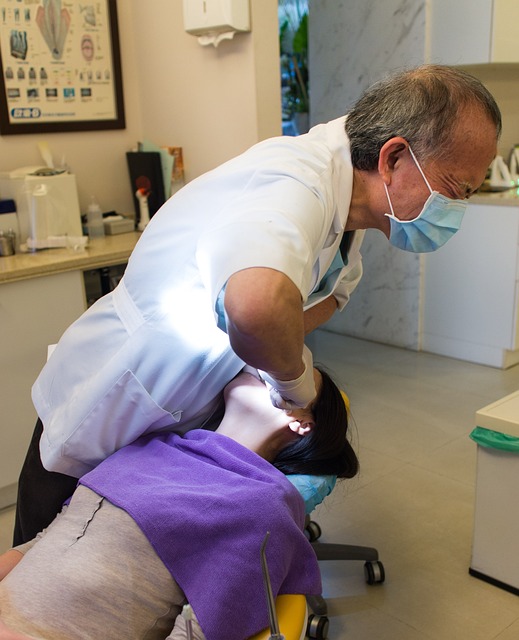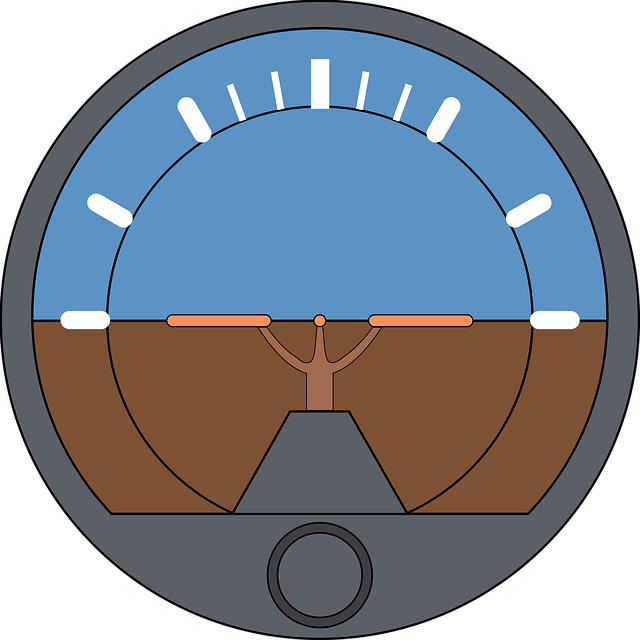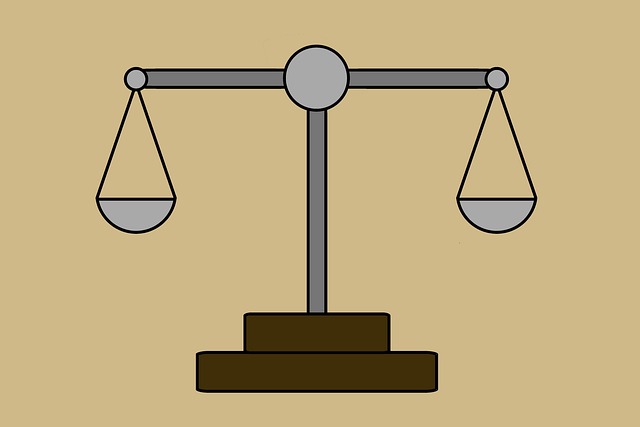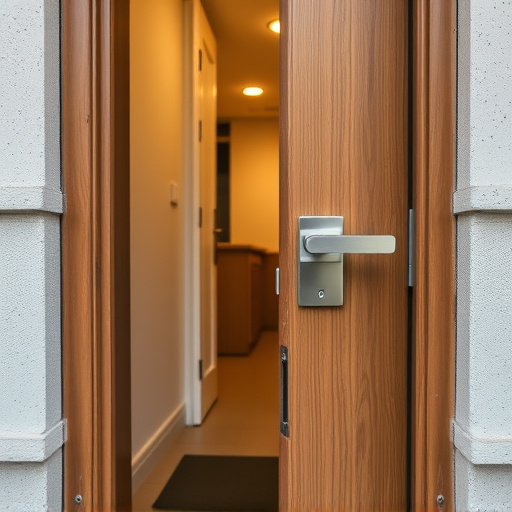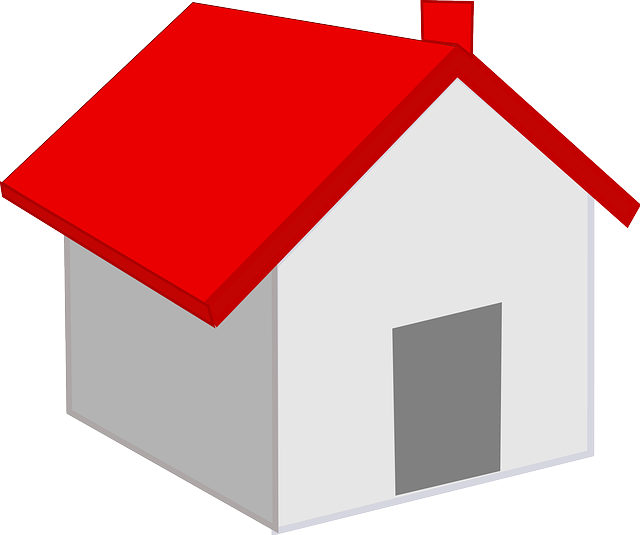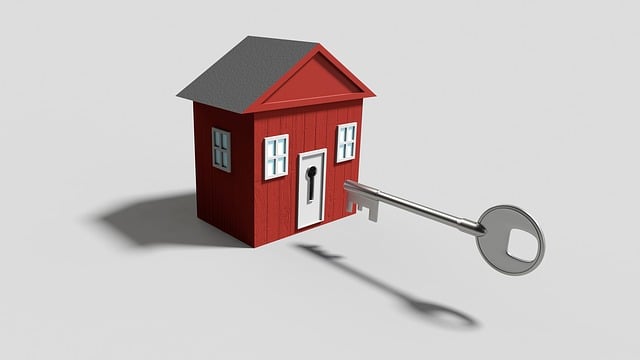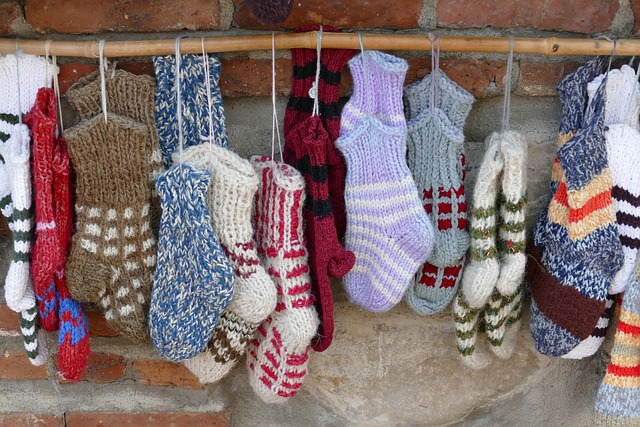Real estate mold inspections are essential for buyers and sellers to mitigate health risks, prevent property value depreciation, and facilitate successful transactions. Hidden mold can negatively impact health and financial investment, so specialized equipment is used to detect spores. Early detection through comprehensive inspections saves costs and enhances property appeal in a competitive market. Regular maintenance practices further reduce mold-related risks, ensuring smooth sales and buyer peace of mind.
Can mold cause home sales to fall through? In today’s competitive real estate market, understanding the impact of hidden mold can be a game-changer. Mold not only poses health risks but also significantly reduces property value. This article explores common signs of hidden mold in homes and emphasizes the crucial role of real estate mold inspections. We provide strategies to mitigate mold risks, ensuring successful home sales without delays or setbacks.
- Understanding Mold's Impact on Property Value
- Common Signs of Hidden Mold in Homes
- The Role of Real Estate Mold Inspections
- Mitigating Mold Risks to Close Sales Successfully
Understanding Mold's Impact on Property Value

Mold can significantly impact property value and, consequently, affect home sales. A thorough understanding of this connection is crucial for both sellers and buyers in the real estate market. When a potential buyer schedules a home inspection, they often include a mold assessment to gauge the property’s health. An inspection reveals not only visible signs of mold but also assesses the extent of moisture intrusion, which is a primary cause of mold growth.
Property value depreciation due to mold issues can be substantial. Beyond reducing the selling price, unsightly mold and the potential for structural damage may lead to a longer time on the market. Buyers often perceive mold-prone properties as risky investments, prompting them to walk away or negotiate lower prices. A real estate mold inspection is, therefore, a vital step in ensuring transparency, mitigating risks, and facilitating successful home sales.
Common Signs of Hidden Mold in Homes
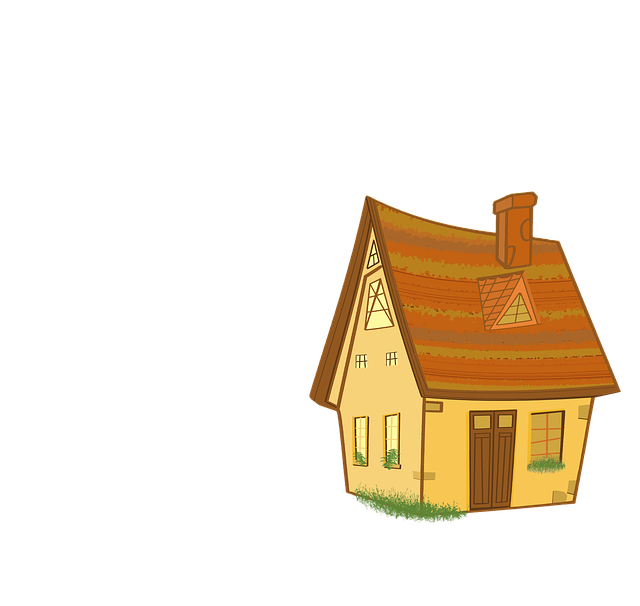
Many potential homebuyers are unaware that hidden mold could be lurking in their dream home, a silent culprit ready to scupper their plans and even impact their health. Mold is a common issue in homes, especially in areas with high humidity, poor ventilation, or previous water damage. It can grow behind walls, under flooring, or within attics, making it difficult to detect without professional help.
Common signs of hidden mold include musty odors, visible stains on walls or ceilings, discolored or peeling paint, warped doors or windows, and even health issues such as allergies or respiratory problems. A real estate mold inspection is a crucial step for buyers to protect themselves and their investment. Professionals use specialized equipment to identify mold spores, ensuring that any hidden sources are uncovered and potential risks are assessed before finalising the purchase.
The Role of Real Estate Mold Inspections

In the competitive real estate market, every factor can impact a sale. One often overlooked but significant aspect is mold. A comprehensive real estate mold inspection becomes an indispensable tool for buyers and agents alike. It provides crucial insights into a property’s health, which can make or break a transaction.
These inspections go beyond visual assessments, employing advanced methods to detect hidden mold growth. Professionals use air quality tests, moisture meters, and specialized equipment to identify even the subtlest indications of mold presence. Early detection is key; addressing mold issues promptly not only ensures a safer living environment but also prevents further damage that could negatively affect the property’s value. For buyers, knowing this information beforehand empowers them to make informed decisions, potentially saving them from costly repairs or future health risks.
Mitigating Mold Risks to Close Sales Successfully

Potential homebuyers often have specific expectations when touring properties, and one factor that can significantly impact a sale is the presence of mold. A thorough real estate mold inspection is crucial to identifying any hidden risks before closing the deal. By addressing mold concerns proactively, both buyers and sellers can navigate the process with confidence, ensuring a smooth transaction.
To mitigate these risks, it’s essential to engage professionals who specialize in mold assessment. They employ advanced techniques and tools to detect even trace amounts of mold, allowing for accurate identification and safe removal. Regular maintenance, such as proper ventilation and humidity control, is also vital. Implementing these measures not only increases the property’s appeal but also provides peace of mind for prospective buyers, reducing the chances of a sale falling through due to mold-related issues.
